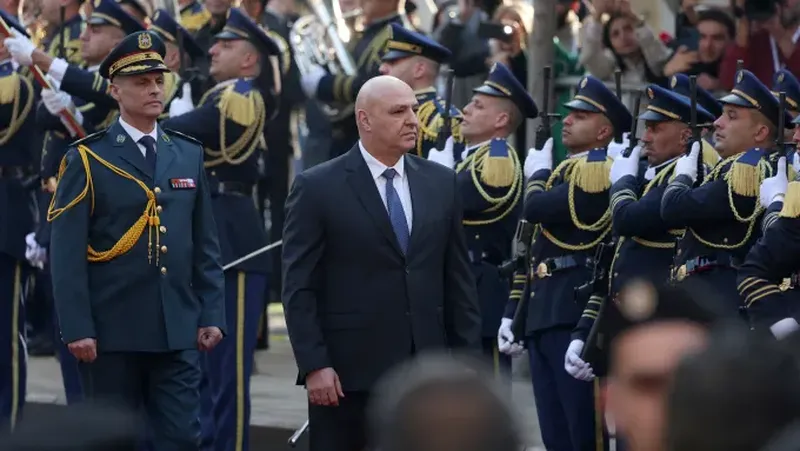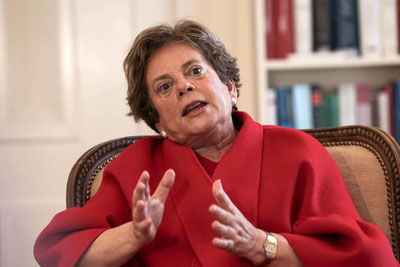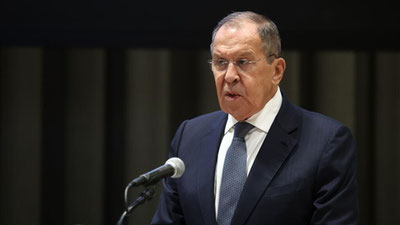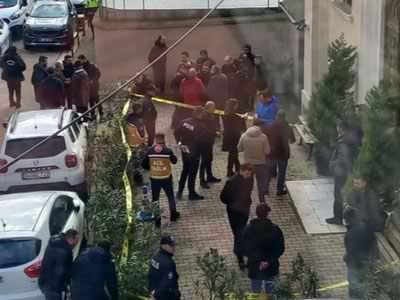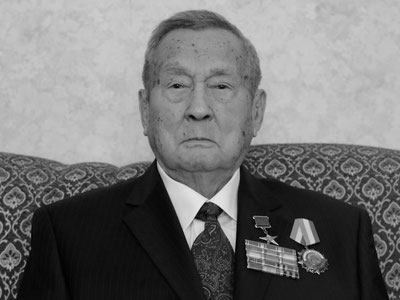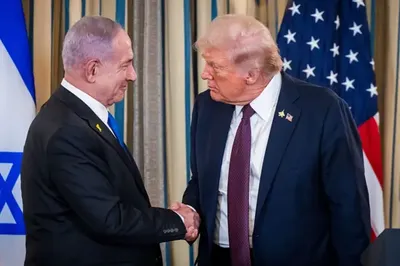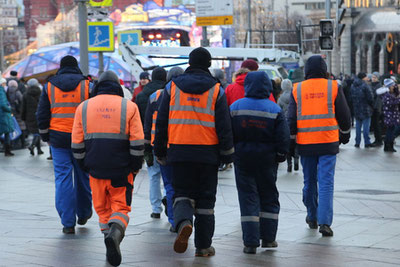The Lebanese Parliament elected Army Commander Joseph Aoun, supported by the US, as the new president. This decision was made possible thanks to active support from Saudi Arabia and the US for Aoun. Aoun is known as an individual with close ties to Washington and Riyadh.
After being declared president, Aoun resigned from his position as army commander and entered parliament in civilian clothes to take the oath.
In his speech, Aoun pronounced the beginning of a "new era" for Lebanon, emphasizing his efforts to lift the country out of economic and political crises. He also promised to "monopolize the use of arms under the state mandate," a clear reference to the Iran-backed Shia militant group Hezbollah.
"Hezbollah" is known as the most heavily armed and disruptive militia in the Middle East, losing its influence in three countries following a severe war with Israel last fall and the reclamation of power by Sunnis in Syria thereafter.
After suffering heavy losses in the war with Israel and the collapse of Syrian President Bashar Assad in December last year, "Hezbollah" was severely weakened, renewing longstanding internal debates over disarming the group.
According to the terms of a US-mediated peace agreement, "Hezbollah" must withdraw from the border areas with Israel, further weakening its military capabilities. Israeli forces are to withdraw from Lebanese territory by the end of January.
Although the Lebanese army did not participate in the war against Israel, it played a key role in implementing the peace agreement.
New President Aoun promised to initiate discussions on Lebanon's "defense strategy" against Israel without "Hezbollah," which until now has been regarded de facto as the military force against Israel.
"The era I will lead will be one where the Lebanese state creates its own independent strategy to be free from Israeli occupation and to repel its aggressions," said Aoun.
Lebanon was left without a president since the term of former President Michel Aoun ended in October 2022. The former president was supported by the Iran-backed "Hezbollah" militants. Long-standing negotiations for his successor were constantly unsuccessful due to the interference of Iran-backed groups, further intensifying the conflicts between the democratic and Iran-backed camps in the country.
Over the last two years, there were 12 unsuccessful attempts to elect a president in parliament. Finally, Aoun won in the second round with 99 votes out of 128 deputies.
However, members of the "Hezbollah" faction also voted for Aoun in the second round, aiming to strengthen "national unity," according to the organization's leader. By doing so, they intended to show themselves as protectors of Lebanese sovereignty, while strategically planning to maintain their presence in Lebanon as other Middle Eastern countries drive out Iran-linked "Hezbollah" militants. It should be noted that traditionally, the president of Lebanon is expected to be a Maronite Christian, an agreement made to maintain the balance of confessional forces in the country.
Abdullah Sayyid
